Enrollment Now Open for Second Semester. Click Here
Enrollment Now Open for Second Semester. Click Here
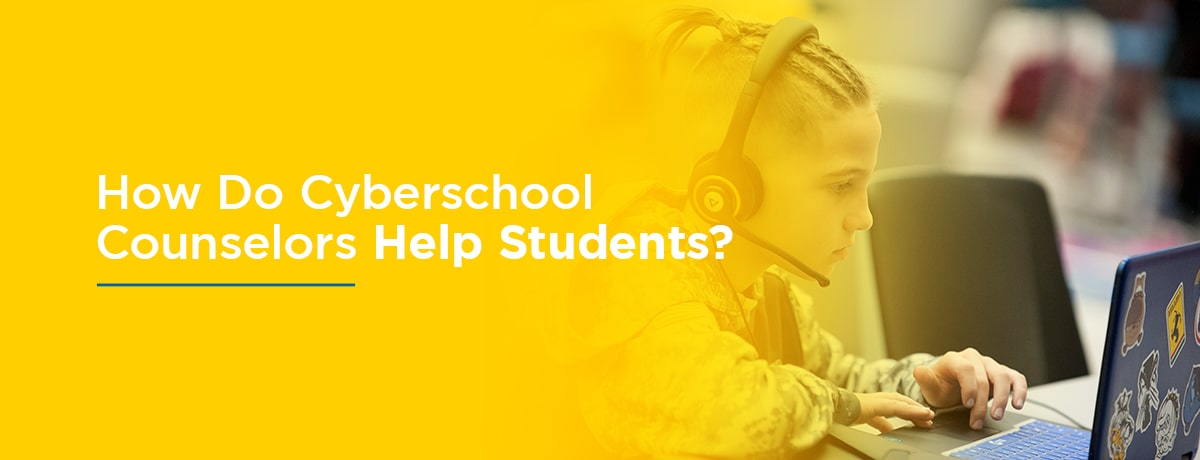
School counselors wear a multitude of hats. They provide social, academic, and emotional support and prepare students for life after graduation.
All school-aged children need support, whether their concerns are academic, social, or personal. School can sometimes be a tumultuous experience for children and it’s beneficial to have a trusted adult present to speak to about their problems.
While we often associate school counselors with traditional brick-and-mortar schools, qualified and empathetic school counselors are also extremely important in a cyberschool setting.
Counselors in school have an essential job in helping guide students through their academic journeys. Some situations they encounter during the day may include:
School counselors help students navigate their ever-changing lives in various ways. When students feel comfortable asking for help, school counselors can assist with both individual and interpersonal issues.
School counselors will sometimes act as mediators during the school day. While they may use several different methods to mediate conflict, each technique shares the same best practices. If students find themselves in a conflict during the day, school counselors may encourage them to:
The school counselor will listen to each party thoroughly before working with them to come up with a solution.
By intervening during a conflict, school counselors can also teach students mediation techniques to use on their own. For example, learning to practice mindfulness is an effective way for students to resolve conflict independently in the future.
Cyberschool counselors have the additional advantage of using technology to mediate conflicts between students. With various virtual platforms to choose from, it’s easy for school counselors to get in touch with and resolve disputes between students.
Learning how to set goals has a significant positive impact on students’ development. It’s also a critical skill for learning how to make decisions about the future.
A school counselor can help students feel more confident about their academic journeys by teaching them how to plan and set goals. Goals that school counselors can help their students achieve include:
One of the biggest impacts of school counselors is making students excited about their futures. Planning for the future as a young person can be scary — while there are many possibilities for success, many students also fear the unknown.
Students often feel a great deal of pressure to figure everything out at a young age. School counselors are invested in their students’ futures and driven to help them succeed.
School counselors can help students plan their futures by:
A school counselor can significantly impact a student’s academic success. Helping them plan their futures is a way to ensure they get started on the right path after graduation.
Stress can dramatically affect us all and it can be especially taxing for children. If your child has recently experienced a major life change such as a move, parental divorce, or the death of a loved one, it can be helpful for them to talk to someone about it.
Even without an apparent cause, your child may show signs that they would benefit from counseling, including:
Encouraging your child to seek counseling is a conversation you must approach delicately. If your approach is too blunt, your child might get offended or assume you think something is wrong with them.
It’s best to do your research ahead of time. You might take the first step of visiting a school counselor yourself to show them it’s nothing to be ashamed of, or you might explore counseling options specifically for kids and teens.
If you and your child do decide that counseling is necessary, make sure to take the following steps first:
CCA can help your child thrive in a cyberschool environment. We understand the importance of school counselors and our team of full-time, certified school counselors helps learners reach success in and out of the classroom. CCA’s counseling services are focused on enhancing relationships, so learners and their families feel comfortable contacting their counselors at any time.
Our counseling services include:
As one of our school counselors says, “CCA counselors provide a comprehensive approach to working with students to benefit the student holistically. If a student seeks services from a counselor, there will be a connection formed that will benefit the student in all aspects of [their] life.”
School counselors in cyberschools can help a student reach their full potential. Contact us today to learn how CCA’s school counseling department can guide your child on the path to success.
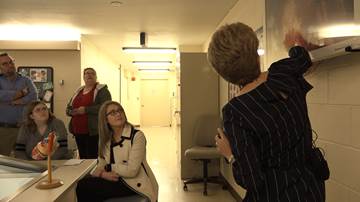
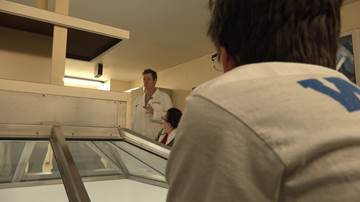
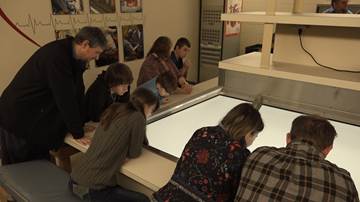
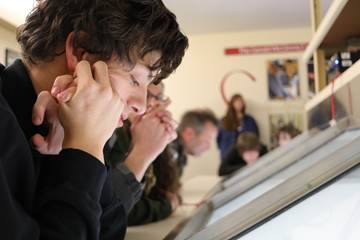
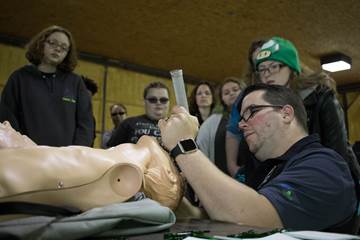
Enrollment Now Open for Second Semester. Click Here